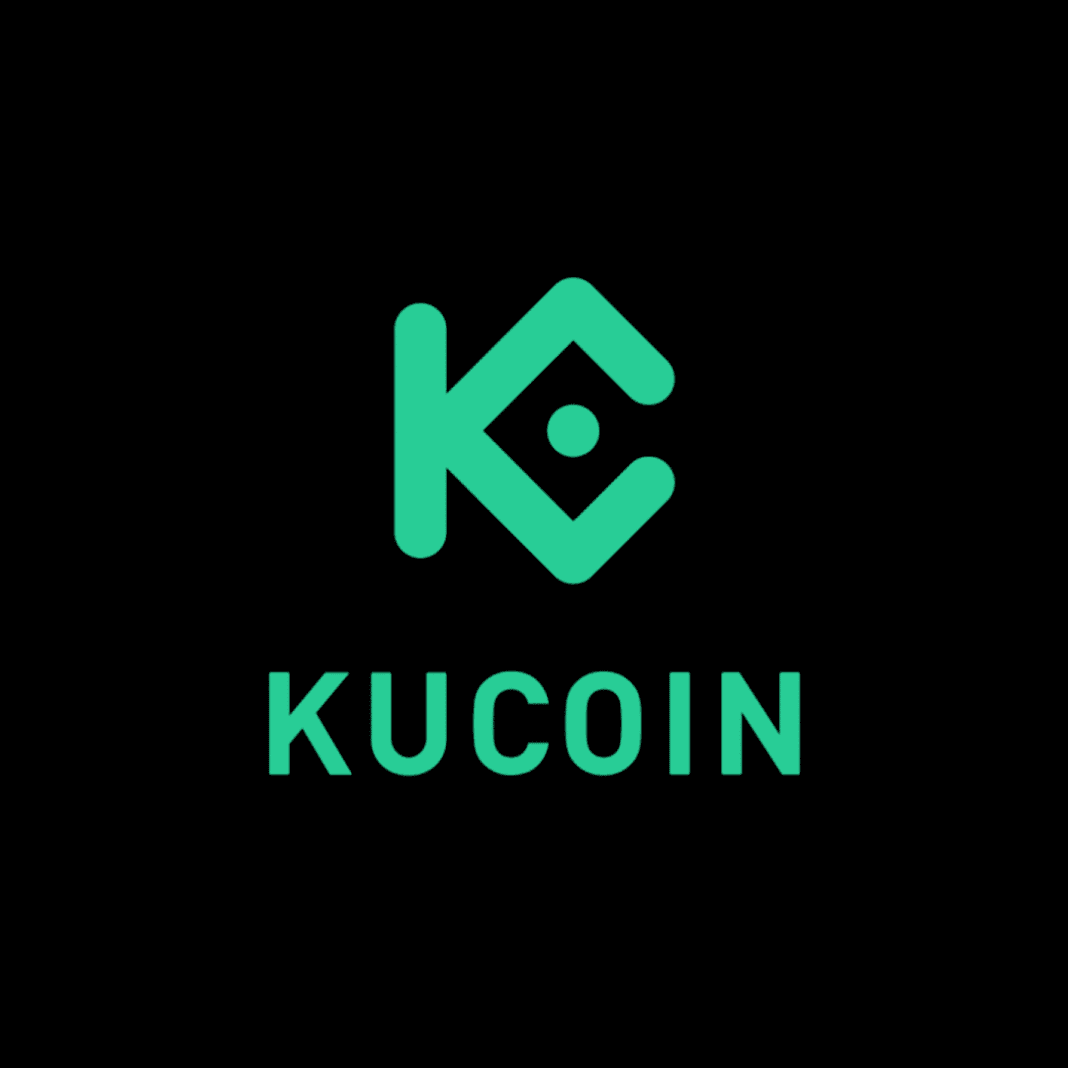KuCoin, launched in 2017, is often called the “People’s Exchange” because of its huge altcoin selection and easy global access. As of October 2025, it reports $3–5B in daily trading volume depending on CoinMarketCap and CoinGecko.
It has built a cult following among degens thanks to its wide token listings, trading bots, and relatively loose KYC rules. But with that freedom come risks: regulatory pressure, occasional withdrawal issues, and questions about transparency.
📜 Background & Reputation
KuCoin started in Singapore and quickly positioned itself as a Binance alternative for altcoin traders. While Binance fought regulators head-on, KuCoin leaned into accessibility — making it easier for global users to join without heavy verification.
It survived the 2021 bull run and the 2022–2023 bear, growing steadily despite not being licensed in the US. Reputation-wise, KuCoin is one of the more trusted mid-tier exchanges, but it’s still not considered as “safe” as Coinbase, Kraken, or Binance.
🚀 Features and Offerings
KuCoin has a deep toolbox for traders:
- Spot Trading: Thousands of tokens listed, second only to Gate.io and MEXC.
- Futures Trading: Leverage up to 125x, popular with degens.
- Trading Bots: Grid trading, DCA bots, and futures bots built into the app.
- Earn Products: Staking, lending, and high-yield offers.
- KuCoin Shares (KCS): The exchange’s token, used for fee discounts and staking rewards.
- Mobile App: Smooth and functional, widely praised on iOS and Android.
🛡️ Safety and Trust
KuCoin was hacked in September 2020, losing around $280M in assets. The majority of funds were later recovered, and KuCoin reimbursed users, which helped it rebuild credibility.
As of 2025, KuCoin does not publish a full proof of reserves, though it claims to keep most assets in cold storage. Regulatory pressure has increased, especially in the US and EU, but KuCoin continues operating in many regions with lighter restrictions.
User reviews highlight both sides. Many love the token variety and trading bots. Others complain about withdrawals during high volatility and slow support.
🎭 What the Users Say
Positive:
- “Best exchange for altcoins. If it’s not on Binance, it’s on KuCoin.” — Reddit
- “Love the trading bots, easy to automate strategies.” — App Store feedback
Negative:
- “Withdrawal delays when markets get hot.” — Trustpilot
- “KYC is slow and confusing.” — Google Play review
- “Support doesn’t reply when issues happen.” — community post
The vibe: KuCoin is loved for its features, but trust is earned cautiously.
🌍 Who Actually Uses KuCoin?
KuCoin is strong in Asia, Africa, and Europe, especially among degens chasing altcoins. It’s often the second exchange people sign up for after Binance. In the US, it’s not licensed, but many Americans still use it through workarounds.
📊 Real Examples
- In 2020, KuCoin’s $280M hack was a major blow, but the reimbursement saved its reputation.
- In 2021–2022, KuCoin became the top spot for low-cap gems before they hit Binance.
- In 2023–2025, KuCoin leaned into bots and automation, becoming a favorite among semi-pro traders.
🎰 Should a Degen Use It?
KuCoin is like the lively casino floor packed with tables, slot machines, and loud cheers. You’ll always find action here, but sometimes the house rules change mid-game.
It’s one of the best exchanges for altcoin hunting and automation, but you should always test withdrawals and avoid parking your entire stack here.
🏁 Final Degen Verdict
KuCoin is the “People’s Exchange” — wide listings, strong bots, and massive accessibility. It’s not as bulletproof as Binance or OKX, and its past hack plus regulatory gray zones mean it carries risk.
Use it as your altcoin playground, not your main vault.
WAGMI — if you keep it degen-sized.


